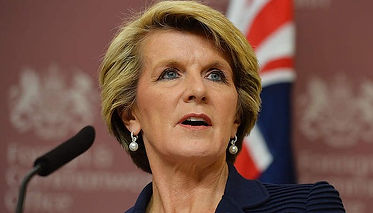Gender Discrimination
Gender discrimination is when a woman or man is treated unfairly based on their gender. It is when a person is falsely judged for gender reasons during any situation in life. Discrimination based on gender is a common civil rights violation. Some examples of gender discrimination is unequal pay for the same employment and denying access due to gender.
Women are discriminated all around the world as many societies still value patriarchy. This includes sexual harassment, pregnancy discrimination and forced domestic roles. Women every so often get attacked through sexual harassment, physical and verbal harassment simply because of their gender. These offensive acts are a clear violation of women’s rights. Despite gender discrimination occurring through harassment, cultures also have a great part in this issue. In many countries, people often treat women and girls as the inferior, as the gender who is expected to not succeed in the economic society, however will take on household chores and hold a dominant role in raising their children. This expectation of women is what is called gender discrimination.
Women In Workforce In some cases women do not get the opportunities in the work force because of gender. This is discriminataion towards gender. Other forms of gender discrimination includes pregnancy, family
responsibilities and maternity care. Such opportunities
that women may be deprived are raises, promotions and sick leave. Women also continue to experience the gender pay gap due t0 assumption of capability in the work force.
Women In Parliament
In Australia women are underepresented in parliment
with only one-third of women being parliamentarians and
one-fifth ministers. This means men are dominating roles
in parliament. This may be the cause of society's
attitude towards women as incompetent to be involved as our
leadership.
For example, in 2012 Juilia Gillard made a speech about her experiences of sexism in parliment. This was directed at our current priminister Tony Abott.

